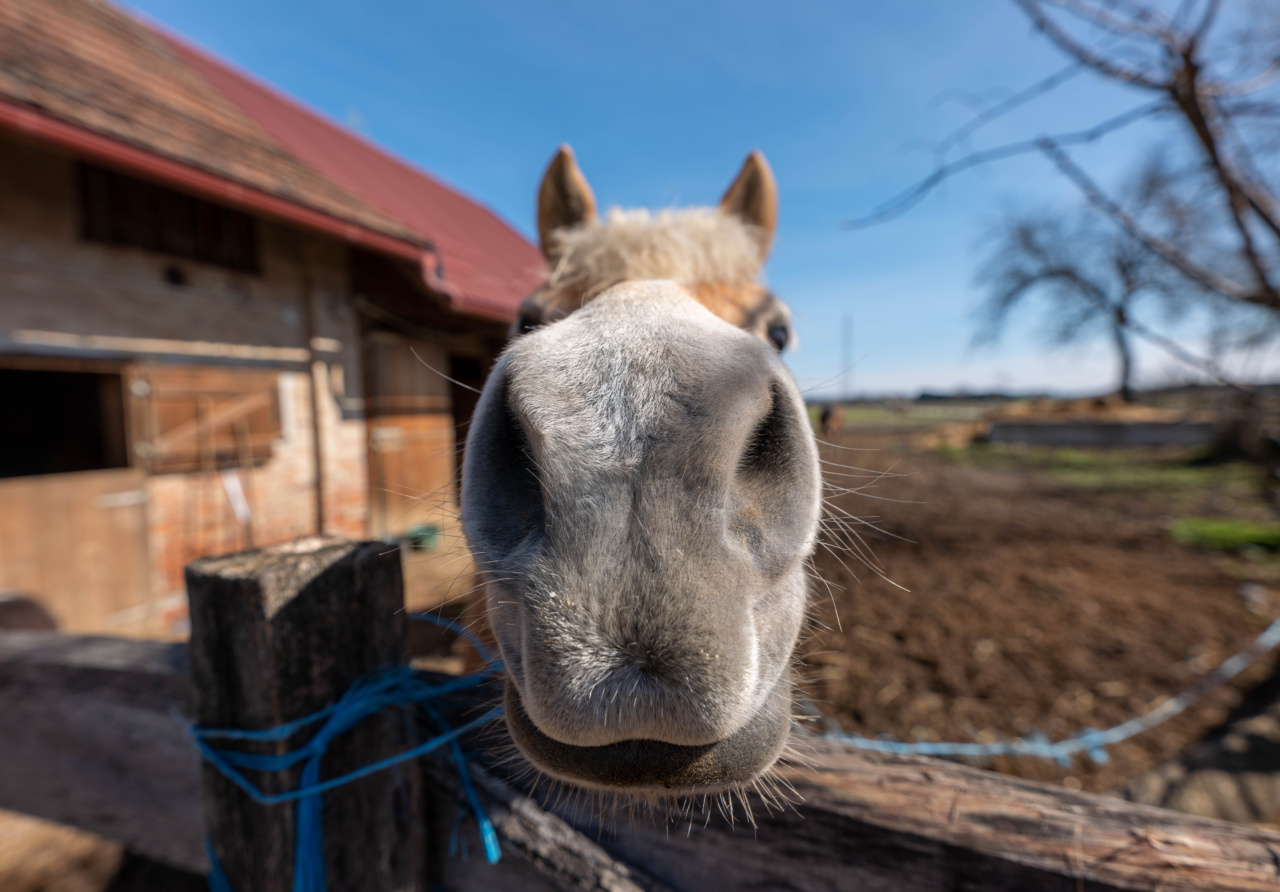A stuffy or congested nose is something that many of us experience from time to time. It can be caused by a variety of factors like allergies, colds, flu, sinus infections and sometimes even weather changes.
Whatever the cause, a stuffy nose can be an annoying and frustrating symptom to manage. Fortunately, there are several ways to relieve nasal congestion and get rid of the stuffiness. Here are some tips that can help:.
1. Use a Humidifier
A humidifier can help to add moisture to the air, which can help to unclog your nose. When the air is dry, it can cause the nasal passages to become dry and irritated, leading to congestion.
A humidifier helps to keep the air moist and alleviate congestion. You can use a humidifier in your bedroom as you sleep or in other parts of your home.
2. Take a Steamy Shower
Another way to add moisture to your nasal passages is to take a steamy shower. The steam from the shower can help to loosen mucus and clear your sinuses. This is especially helpful if you have a cold or flu.
You can also lean over a pot of hot water with a towel over your head and inhale the steam.
3. Use Saline Nasal Sprays
Saline nasal sprays are a great way to relieve nasal congestion. They work by flushing out the mucus and irritants from your nose. Saline sprays can also help to reduce inflammation and swelling in the nasal passages.
They are available over-the-counter at most drug stores, and they are safe and effective for all ages.
4. Drink Plenty of Fluids
Drinking plenty of fluids can help to alleviate nasal congestion. When you are well-hydrated, it can help to thin out the mucus in your nose, making it easier to blow your nose and get rid of the congestion.
Fluids can also help to reduce inflammation and ease discomfort in the nasal passages. Drink plenty of water, herbal teas, or other non-caffeinated fluids.
5. Use Nasal Decongestants
If you need quick relief for a congested nose, nasal decongestants may be the way to go. These are available over-the-counter and come in various forms like nasal sprays, drops, and tablets.
Nasal decongestants work by shrinking the blood vessels in the nasal passages, reducing swelling and congestion. However, you should use them sparingly or as directed by your physician, as overuse can lead to rebound congestion and other side effects.
6. Try Over-The-Counter Allergy Medications
If your nasal congestion is due to allergies, over-the-counter antihistamine medications can be effective.
Antihistamines work by blocking the histamine receptors in the body, reducing the symptoms of allergies like a runny nose, sneezing, and congestion. These medications come in various forms like tablets, capsules, or nasal sprays. However, like all medications, they should be used as directed by your physician and may have side effects.
7. Elevate Your Head
Elevating your head when you sleep can help to reduce nasal congestion. When you lie flat, mucus can accumulate in your nasal passages, making it difficult to breathe. By elevating your head, gravity can help to drain the mucus and relieve the congestion.
You can use an extra pillow or a wedge-shaped pillow to achieve the elevation.
8. Keep Your Home Clean
Dust, pollen, and other irritants can cause nasal congestion, especially if you have allergies. Keeping your home clean and free of dust, mold, and pollutants can help to reduce the risk of nasal congestion.
Vacuum regularly, wash your bedding in hot water, and use air purifiers with HEPA filters to keep the air clean and free of irritants.
9. Seek Professional Help
If your nasal congestion persists, despite your efforts to alleviate it, you may need to seek professional help. Your physician can examine your nasal passages and determine the underlying cause of the congestion.
They may prescribe medications or recommend other treatments that may be more effective in relieving your symptoms.
10. Prevention is Key
The best way to avoid nasal congestion is to prevent it from happening in the first place. Avoid allergens like pollen and dust, wash your hands regularly, and practice good hygiene habits to prevent cold and flu.
By taking steps to prevent nasal congestion, you can minimize your risk of developing symptoms.































